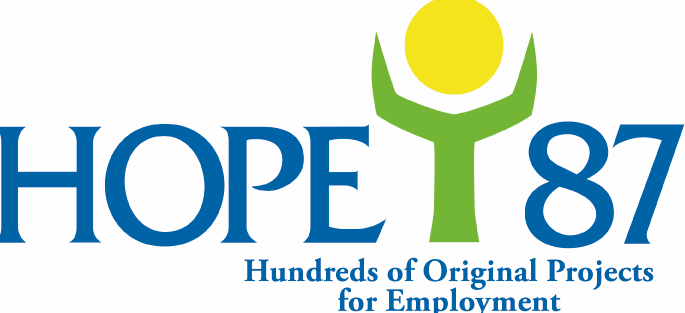Keynote Speaker: Reem Mussa, Moderator: Thomas Seifert
Panel members: Bram Frouws, Franziska Grillmeier, Peter Huber, Michael Köhler, Reem Mussa
A multitude of crises impacts people globally, leaving hundreds of millions in distress and need of humanitarian assistance for survival. Emerging new crises and an ever-growing number of protracted crises are competing for resources and attention. A few headline-grabbing crises attract attention and resources, leaving other crises and people in need out of the spotlight. At the same time, the humanitarian budgets of most Western European governments are declining or stagnating. Consequently, many of the most affected populations do not receive the humanitarian aid and protection they need, and their suffering goes unnoticed. Forgotten crises create even bigger vulnerabilities and dependencies as a result of the neglect of the humanitarian principles, especially the principle of impartiality.
This is particularly evident when it comes to people affected by forced displacement and flight. In 2022 the number of displaced people has reached a new peak: According to the United Nations High Commissioner for Refugees (UNHCR) more than 100 million people were displaced, with an increase of more than one third within the last four years. The main drivers are on one hand war, conflict, and violence and on the other hand natural disasters and extreme weather events resulting from the climate crisis.
The vast majority of vulnerable groups is living in Low Income Countries (LICs). More than half of those who are forced to flee are internally displaced people (IDPs), increasingly lacking access to even basic services and sufficient humanitarian aid. Children, especially girls, and women are most vulnerable to these compounding challenges and multi-crises and they are hit hardest by the growing impacts and lengths of displacement.
The panel on forgotten crises will address the question of how to overcome disproportionalities in the access to humanitarian aid and of how to ensure adherence to the principle of impartiality. What is needed to shift the attention to severely affected but overlooked populations? What is needed to improve access to humanitarian assistance in the future? And what are the changes to which political decision-makers and humanitarian stakeholders are willing to commit in order to overcome increasing inequities in the provision of humanitarian aid?
Main Ceremonial Hall/ Großer Festsaal


















